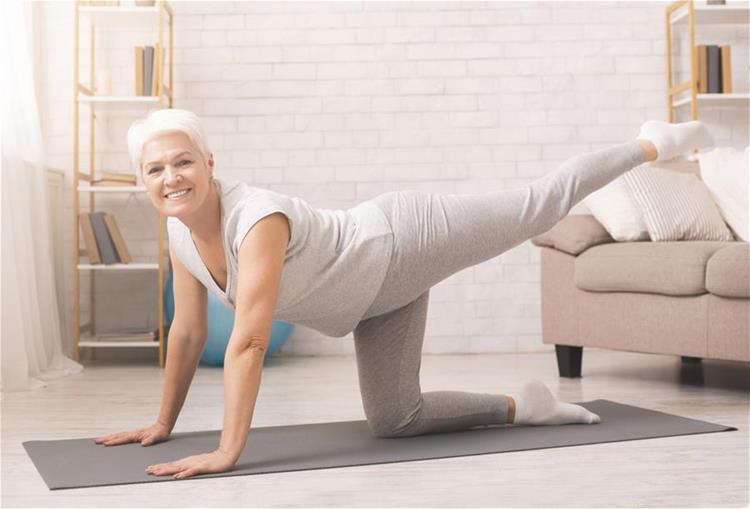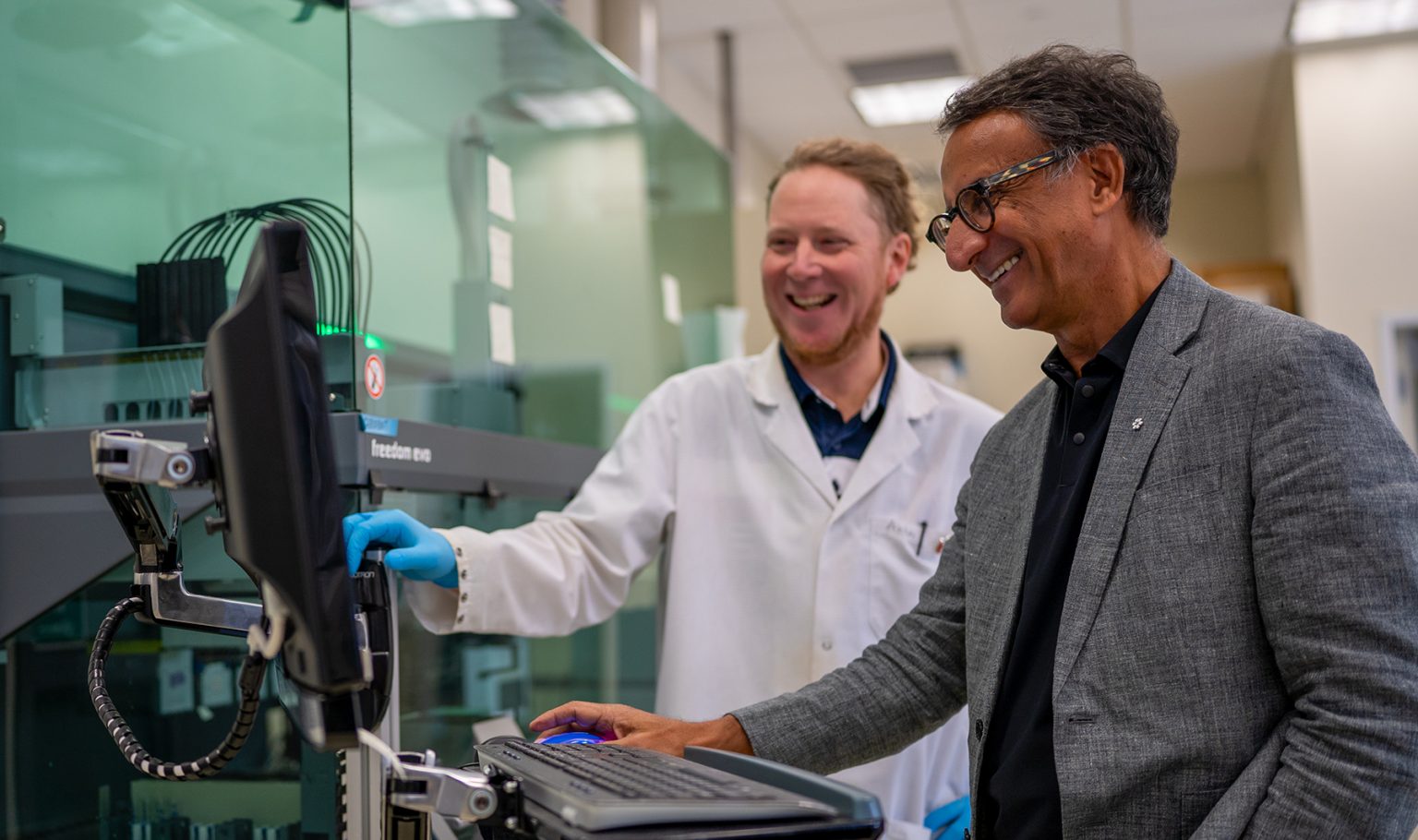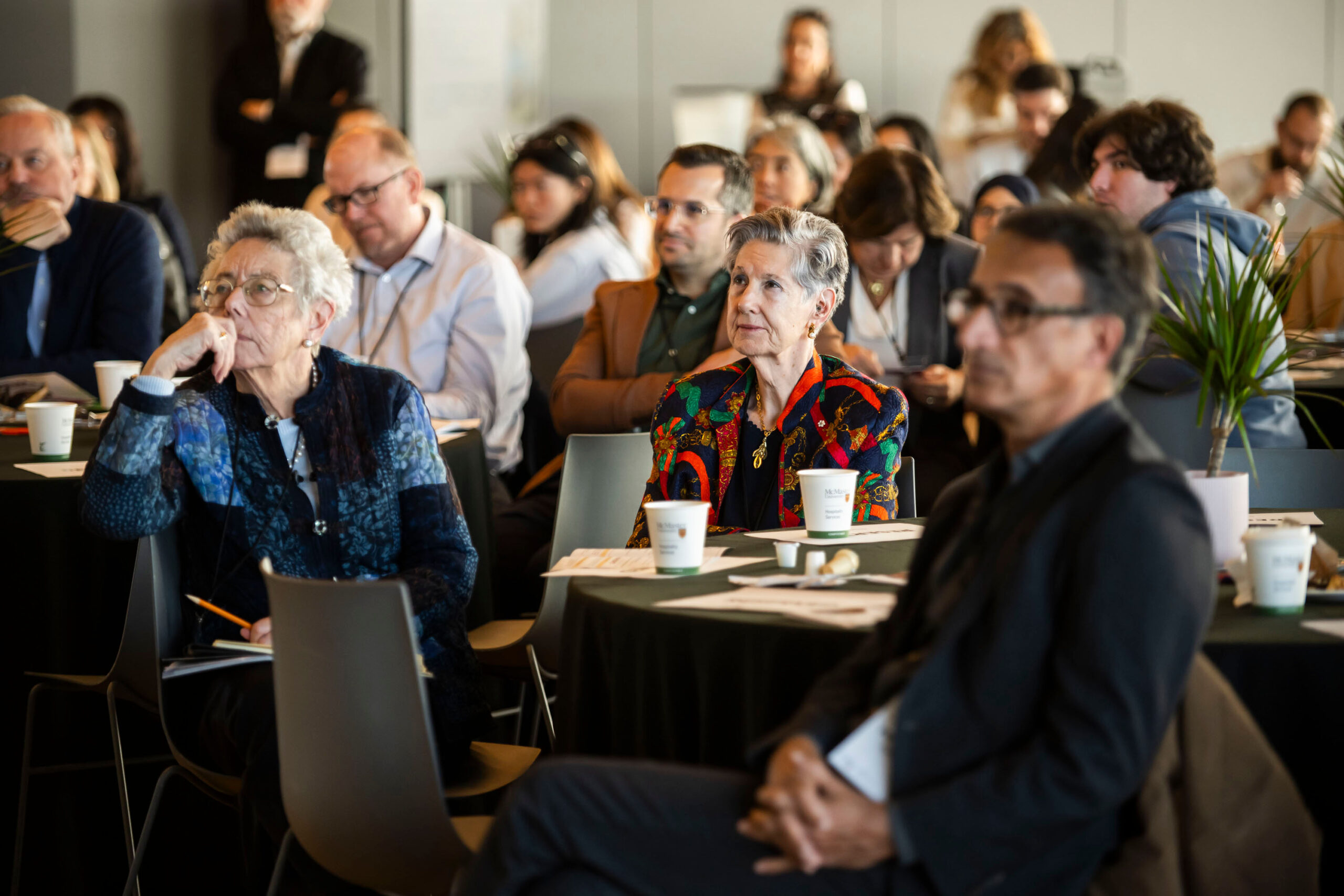
Published: ​April 8, 2020 | By The McMaster Optimal Aging Portal
The Bottom Line
- Staying at home is one vital method to combating the spread of COVID-19. Both the pandemic and strategies used to control it can affect people’s overall health and wellbeing.
- Keeping active with generally safe exercises like Pilates and yoga, which can be done at home through digital aids like DVDs, online classes and videos, and mobile apps, can help.
- Pilates may yield positive benefits for walking speed, muscle strength, the ability to accomplish daily living activities, mood, balance, flexibility, and quality of life in older adults.
- Yoga can improve health-related quality of life and mental wellbeing in older adults who practice it versus those who don’t.
- If you’re new to world of Pilates or Yoga, think about connecting with a physiotherapist or registered kinesiologist to discuss whether these exercises are right for you, and if there are any considerations you should make note of when trying them. Be aware that it may take time to hear back from health care providers in light of COVID-19.
As we try to stop the spread of COVID-19 within our communities, staying at home has become the “new normal” for most folks around the globe—at least for the time being. From interruptions to our daily routines to worries over our health or the health of loved ones, coping with the reality of a pandemic can have implications on all aspects of our wellbeing.
On the bright side, there are plenty of strategies that we can add to our “toolbox” to help us keep up our mental, cognitive, and physical health while at home. Read the full article here
The McMaster Optimal Aging Portal (mcmasteroptimalaging.org), a unique online health resource created by McMaster University to support the healthy aging of Canada’s older adult population, is highlighting ways to stay active and engaged while practicing physical distancing during the current COVID-19 pandemic.​ Read the full story

